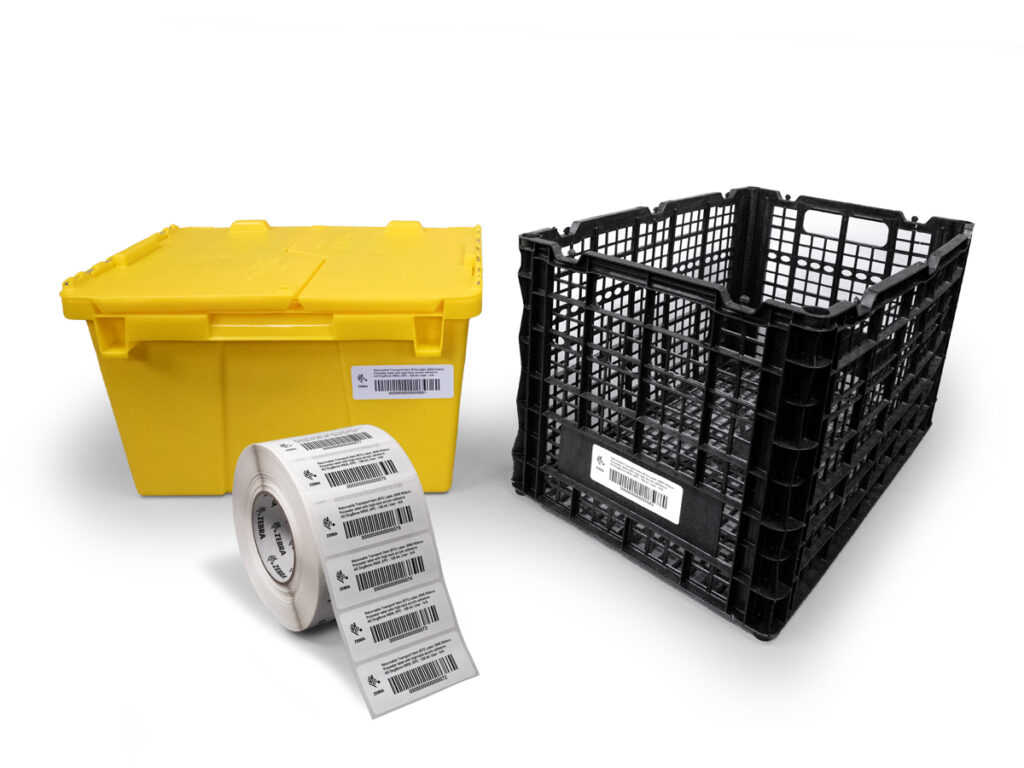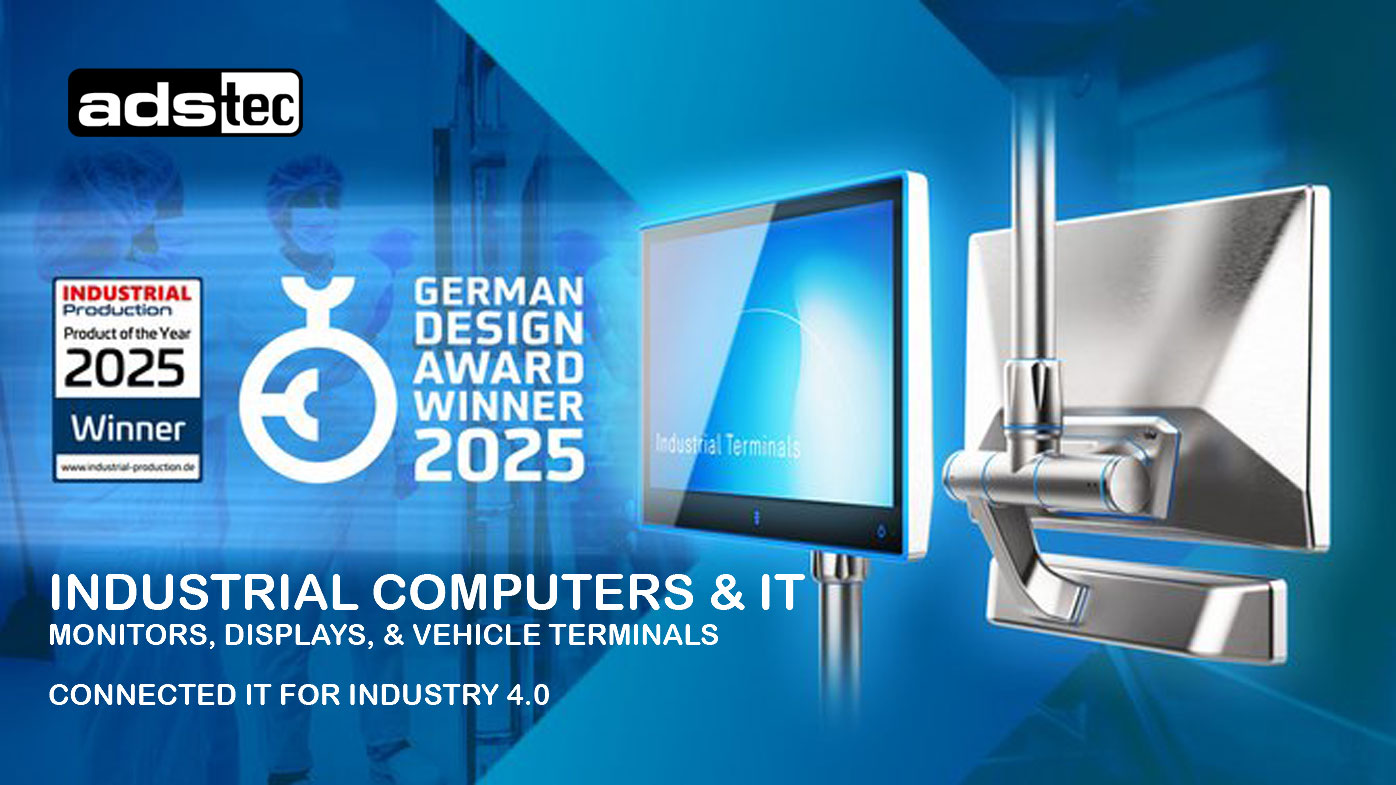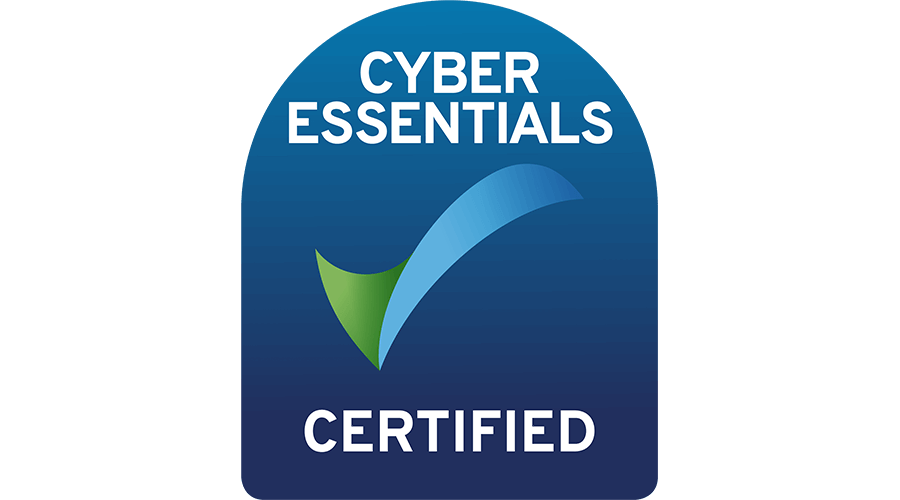Introducing the Zebra durable printable labels with advanced RFID technology to track and trace plastic RTIs containers.
The Zebra RFID Returnable Transport Item (RTI) Label offers a durable and high-performance method for encoding RFID labels in industries such as transport, manufacturing and retail. The label enables RTIs to have a unique digital tracking ID that is captured by both fixed and handheld readers for Auto-ID data capture in real-time, with visibility of the containers’ locations and what they contain tracked as they progress through the supply chain.


























